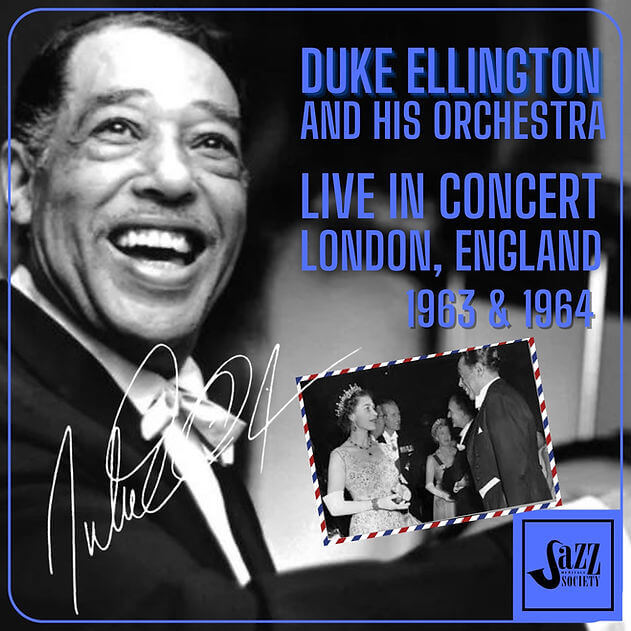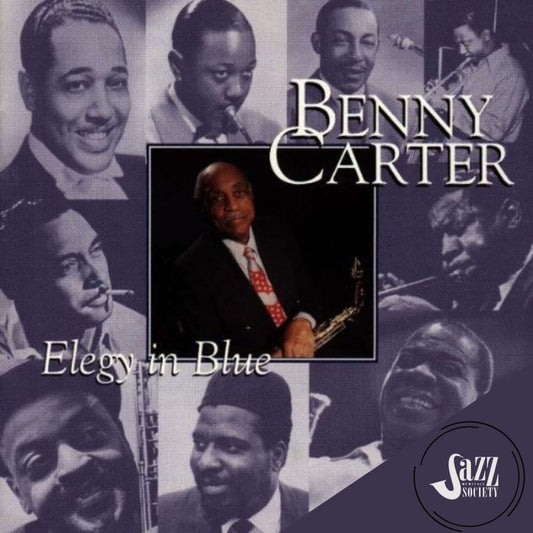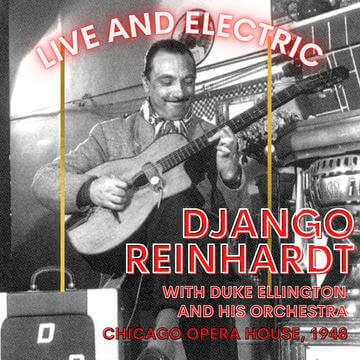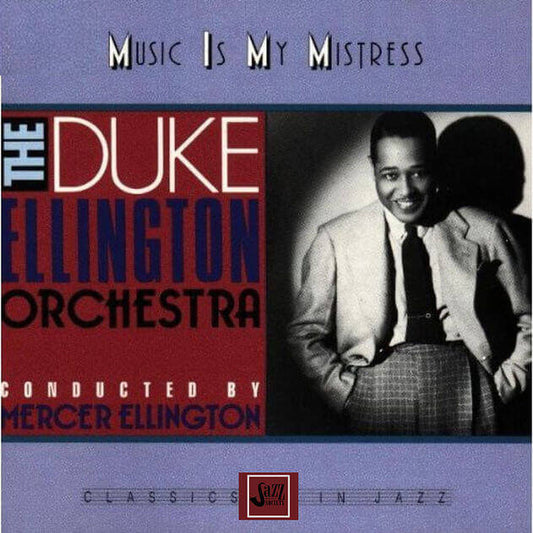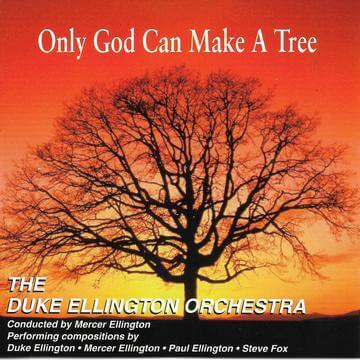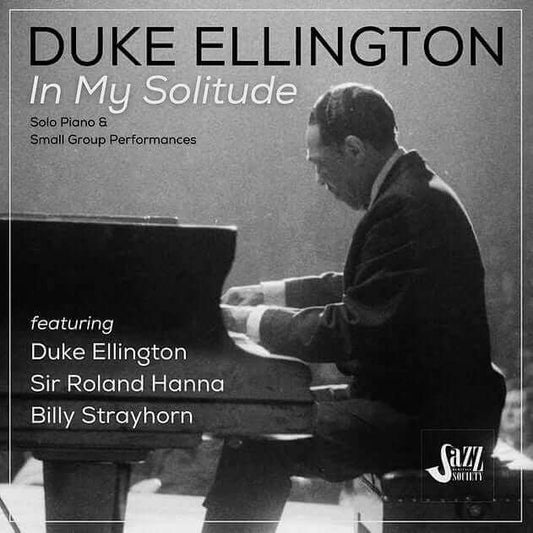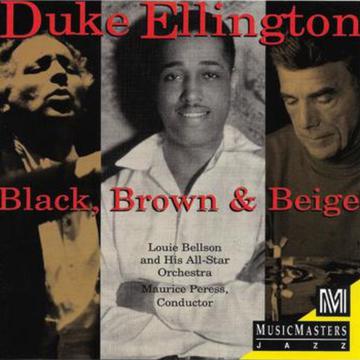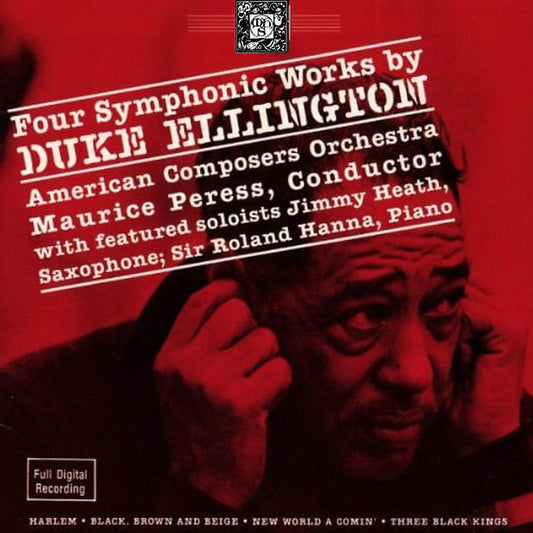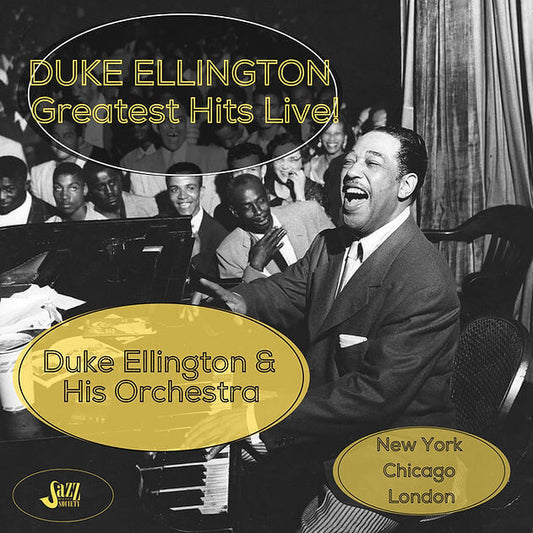DUKE ELLINGTON (1899 – 1974)
Duke Ellington: Live in Concert, London, England, 1963 & 1964
Duke Ellington: Live in Concert, London, England, 1963 & 1964
Taken from two series of concerts in London, on January 22, 1963 & February 20, 1964. Duke Ellington brings his band and a collection of great side men and vocalists to perform in London's concert halls.
1 Take the "A" Train (Instrumental Intro) (Live in London, February 20, 1964) Duke Ellington and His Orchestra 00:56
2 Spoken Introduction by Duke Ellington (Live in London, January 22, 1963) Duke Ellington 00:00
3 Perdido (Live in London, February 20, 1964) Duke Ellington and His Orchestra 00:00
4 Caravan (Live in London, February 20, 1964) Duke Ellington and His Orchestra 05:20
5 Isfahan (Live in London, February 20, 1964) Duke Ellington and His Orchestra 04:29
6 The Opener (Live in London, February 20, 1964) Duke Ellington and His Orchestra 03:10
7 Harlem (Live in London, February 20, 1964) Duke Ellington and His Orchestra 15:00
8 Take the "A" Train (Vocal) (Live in London, February 20, 1964) Duke Ellington and His Orchestra 03:24
9 Mood Indigo (Live in London, January 22, 1963) Duke Ellington and His Orchestra 02:47
10 C Jam Blues (Live in London, January 22, 1963) Duke Ellington and His Orchestra 03:24
11 Don't Get Around Much Anymore (Live in London, January 22, 1963) Duke Ellington and His Orchestra 03:09
12 Diminuendo And Crescendo In Blue (Live in London, January 22, 1963) Duke Ellington and His Orchestra 11:22
13 Single Petal Of A Rose (Live in London, January 22, 1963) Duke Ellington 04:05
14 Kinda Dukish & Rockin' In Rhythm (Live in London, February 20, 1964) Duke Ellington and His Orchestra 05:05
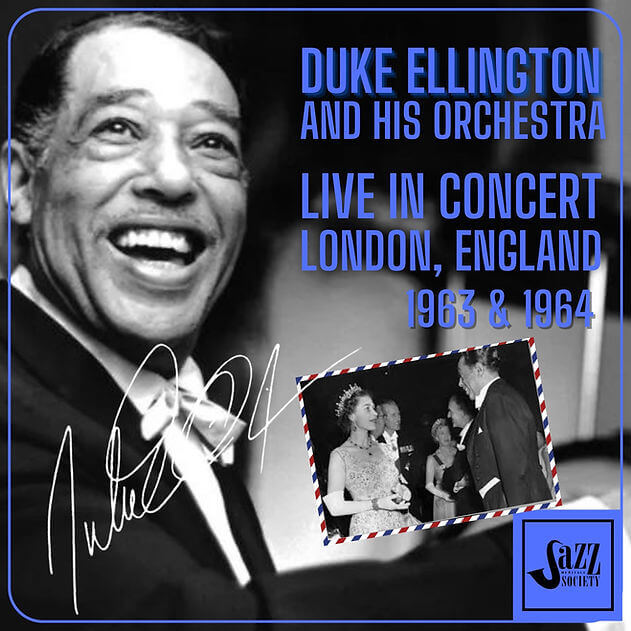
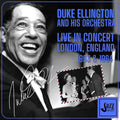
Also Available from The DUKE ELLINGTON (1899 – 1974)
-
STREAMING
Benny Carter: Elegy in Blue
ExploreRegular price $0.00Regular priceUnit price / per -
STREAMING
Django Reinhardt with the Duke Ellington Orchestra: Live ...
ExploreRegular price $0.00Regular priceUnit price / per -
STREAMING
DUKE ELLINGTON ORCHESTRA: Music Is My Mistress - conducte...
ExploreRegular price $0.00Regular priceUnit price / per -
STREAMING
DUKE ELLINGTON ORCHESTRA: Only God Can Make a Tree - cond...
ExploreRegular price $0.00Regular priceUnit price / per -
STREAMING
DUKE ELLINGTON: In My Solitude: Solo Piano and Small Gr...
ExploreRegular price $0.00Regular priceUnit price / per -
STREAMING
Duke Ellington: Black, Brown & Beige - Louie Bellson & Hi...
ExploreRegular price $0.00Regular priceUnit price / per -
STREAMING
Duke Ellington: Four Symphonic Works - American Composers...
ExploreRegular price $0.00Regular priceUnit price / per -
STREAMING
Duke Ellington: Greatest Hits Live! (The Library of Congr...
ExploreRegular price $0.00Regular priceUnit price / per

